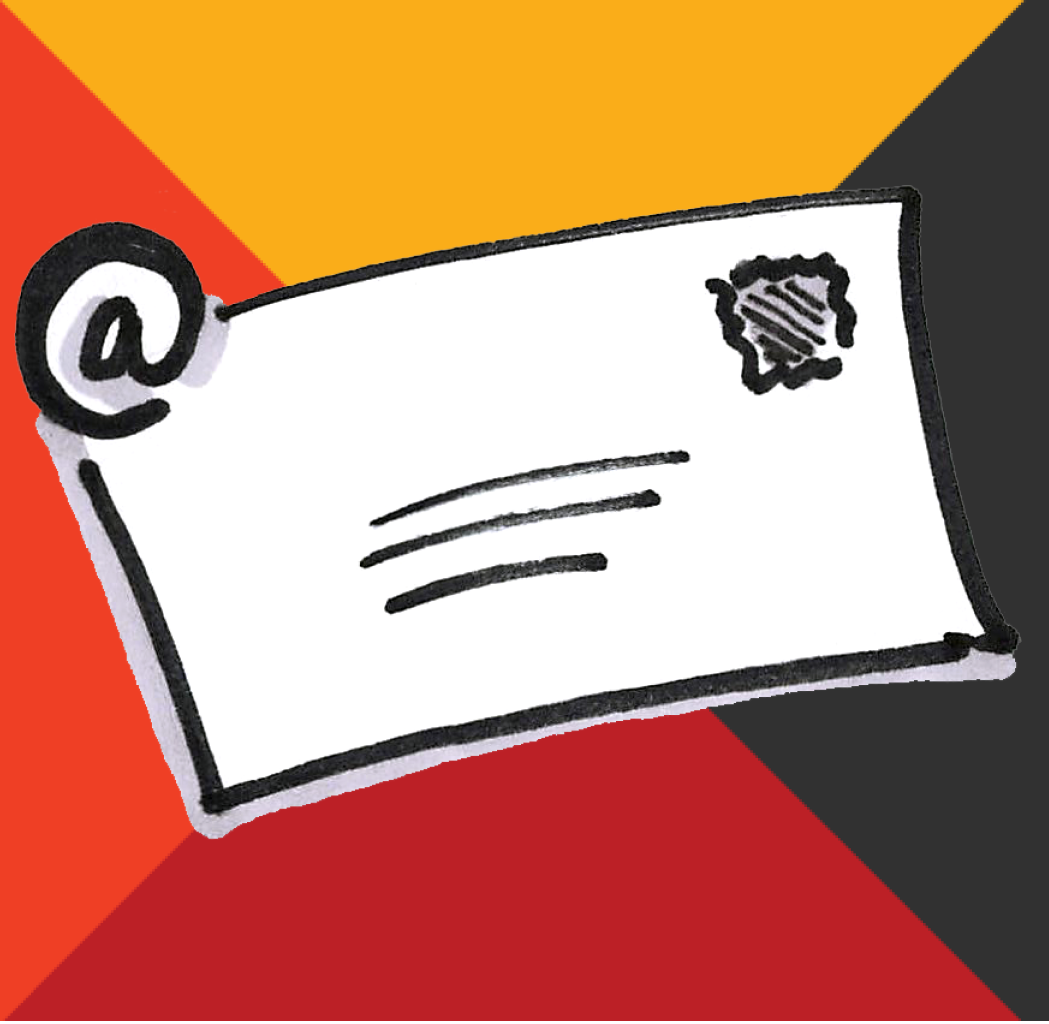How to do customer discovery? I’ve discovered a great new method of growing bigger ears. Ready? Wait for it… go listen to sales pitches from startup consultants.
If you’re an entrepreneur, then you probably don’t like being bossed around and you might think your own opinion is pretty damn good. If you didn’t, you probably wouldn’t be starting your own company.
(I’ll admit it, I have both of those flaws to varying degrees.)
Given those two features, you may or may not have a tough time (like me) really shutting up and listening to your customers. It’s always tempting to interject your own opinion, and even if you think you’re just asking a clarifying question, you’re probably adding some spin to it to try to nudge your customer’s responses the way you want…the way you expect…the way you know your customers ought to be thinking.
But if you do that, you’re not getting real customer feedback. Instead, you’re just stroking your own ego and validating an opinion rather than validating a hypothesis and knowing the exact meaning of: how to do customer discovery?
Throw Me the Pitch
If you’re in the middle of starting a company (like me), you’re also probably in the middle of being pitched by a startup consultant, lawyer, accountant, and maybe even a holistic acupuncturist with discounts for hungry entrepreneurs.
You might find this a bit annoying, especially if you didn’t realize you were doing everything wrong and this consultant was going to fix all of your problems for $250 or more an hour.
C’est la vie.
Make the best of it. Instead of getting frustrated, I suggest taking the opportunity to shut up and working on “how to do customer discovery?”
By keeping your mouth shut and a smile on your face you might be able to gain a few advantages:
- You might actually be doing something wrong and the consultant might have a good point.
- The consultant might stop telling you what to do and start asking questions to clarify your situation and your pain points. (In which case you may have found yourself a genuinely useful consultant.)
- You’ll practice listening.
I Still Want Bigger Ears
Listening requires patience and both are like muscles that require practice and exercise to develop.
Listening requires patience and practice to develop. Click To TweetAll too often, I feel pressure to never shut up, never allow a gap in the conversation, and sell, sell, sell.
Particularly here in Silicon Valley, if you can’t get someone excited about your startup in two sentences and blather on about it for at least 30 minutes without coming up for air, there’s a sense that you’re done for.
“You’re not passionate enough.”
“You’re not a good salesman.”
“You’ll never get investment.”
Maybe all that’s true.
I can’t say for certain and I’d certainly agree that the gift of the gab is a great skill that I also need a lot of practice with. Still, while I want to improve my sales pitch, I also want to make sure I am simultaneously developing a fascistic ability to shut up and listen to my customers. Especially when they disagree with me, my product, my unspoken assumptions, and my ego.
I want to be able to listen to a 2 hours diatribe of how much of an idiot I am, continue smiling, neatly summarize the points made, repeat those points back to make sure I understood them, say thank you, and learn from the experience.
Until then, I’m going to keep practicing my listening as often as I practice my sales pitch.
Become a faster, more confident decision-maker
Learn how to make better pivot or persevere decisions on your real project by building a hypothesis-driven financial model. Innovation Accounting is a six-week training program taught by real entrepreneurs with real experience and you’ll get results you can use right away. Our next course kicks off May 28, 2024.
Save $500 today!
Reserve a seat



